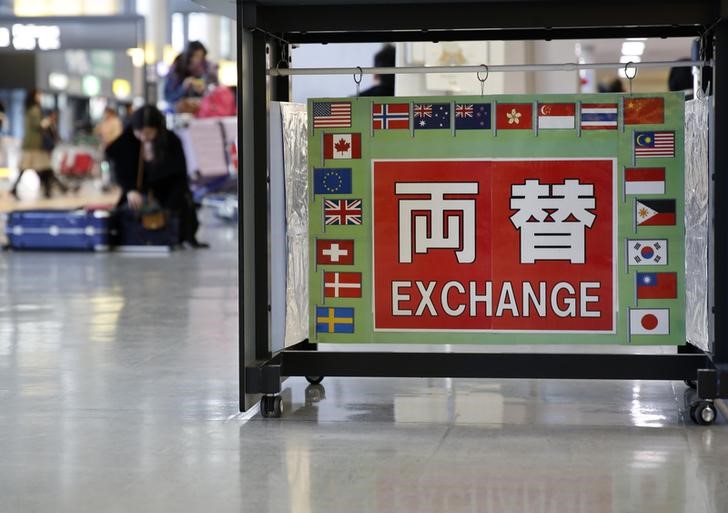(Bloomberg) -- Turkey raised the upper bound of its interest-rate corridor but unexpectedly left its benchmark on hold on Thursday, risking further volatility in the lira as the central bank sticks with its stealth tightening to contain the currency’s weakness.
The Monetary Policy Committee left its key one-week repo rate at 10.25%, a decision forecast by just two of 27 respondents in a Bloomberg survey. The late liquidity lending rate was raised to 14.75% from 13.25%, doubling the gap with the central bank’s overnight lending rate to 300 basis points.
Governor Murat Uysal surprised investors last month with a 200-basis-point increase and has since tightened policy further by restricting funding at the benchmark rate, forcing banks to borrow using costlier options. But he hasn’t arrested the currency’s fall: the lira dropped another 2% against the dollar since the September rate decision, a period in which most major world currencies gained. That brings its depreciation in 2020 to almost 25%.
Since ceasing to provide liquidity at its cheapest rate by suspending one-week repo auctions in August, the central bank’s approach has effectively been to tweak the cost of funding on a daily basis, modifying the amount of liquidity available to lenders across its various rates.
Using backdoor channels to contain the currency’s weakness, the bank has raised the weighted average cost of funds to 12.52% on Wednesday from as low as 7.34% three months earlier.
The tightening follows 1,575 basis points of easing in nine consecutive steps until June, which left Turkey’s inflation-adjusted borrowing costs among the lowest in the world but helped the government provide support to the $740 billion economy during the pandemic.
The latest decision suggests the monetary authority is likely to maintain its backdoor policy setup.
©2020 Bloomberg L.P.

